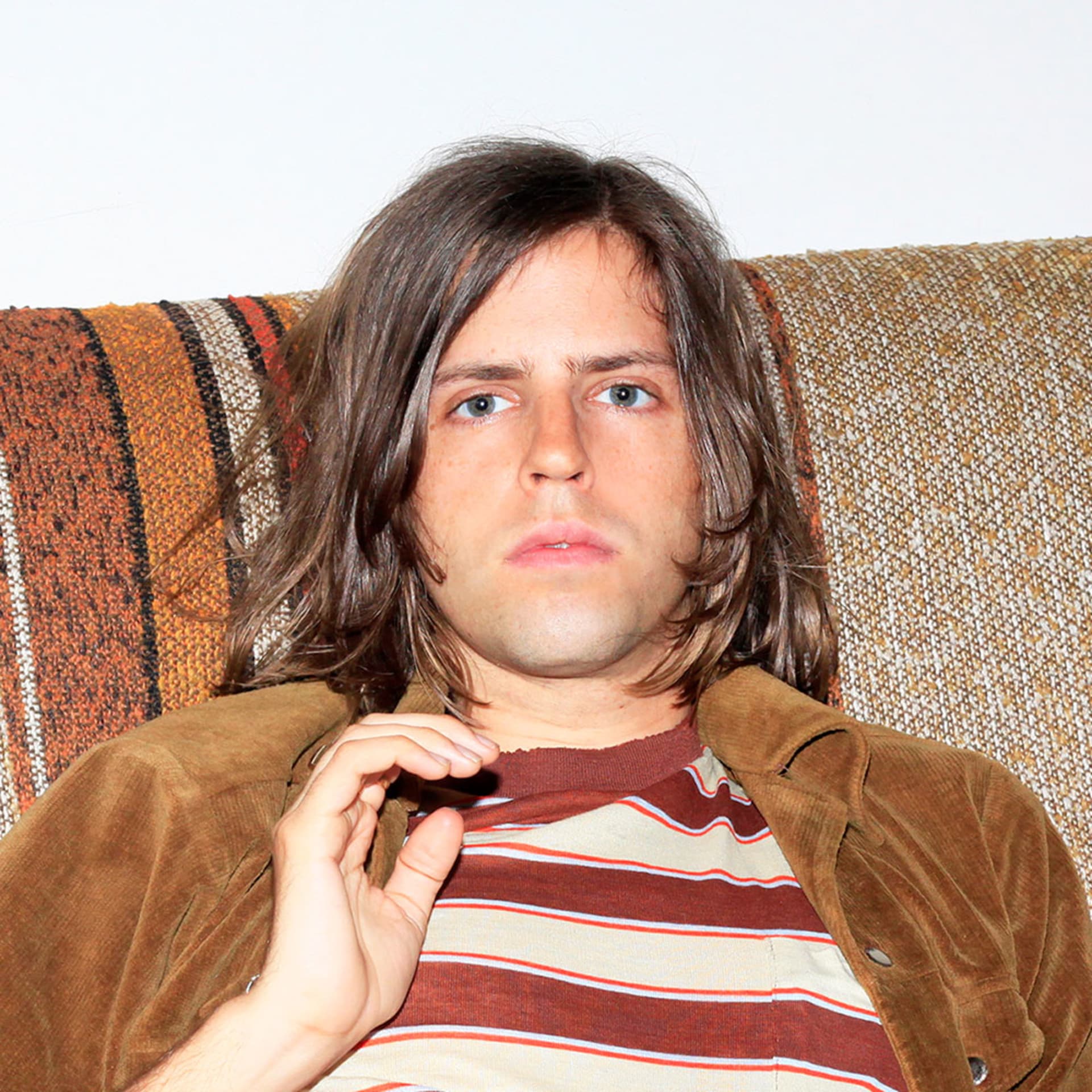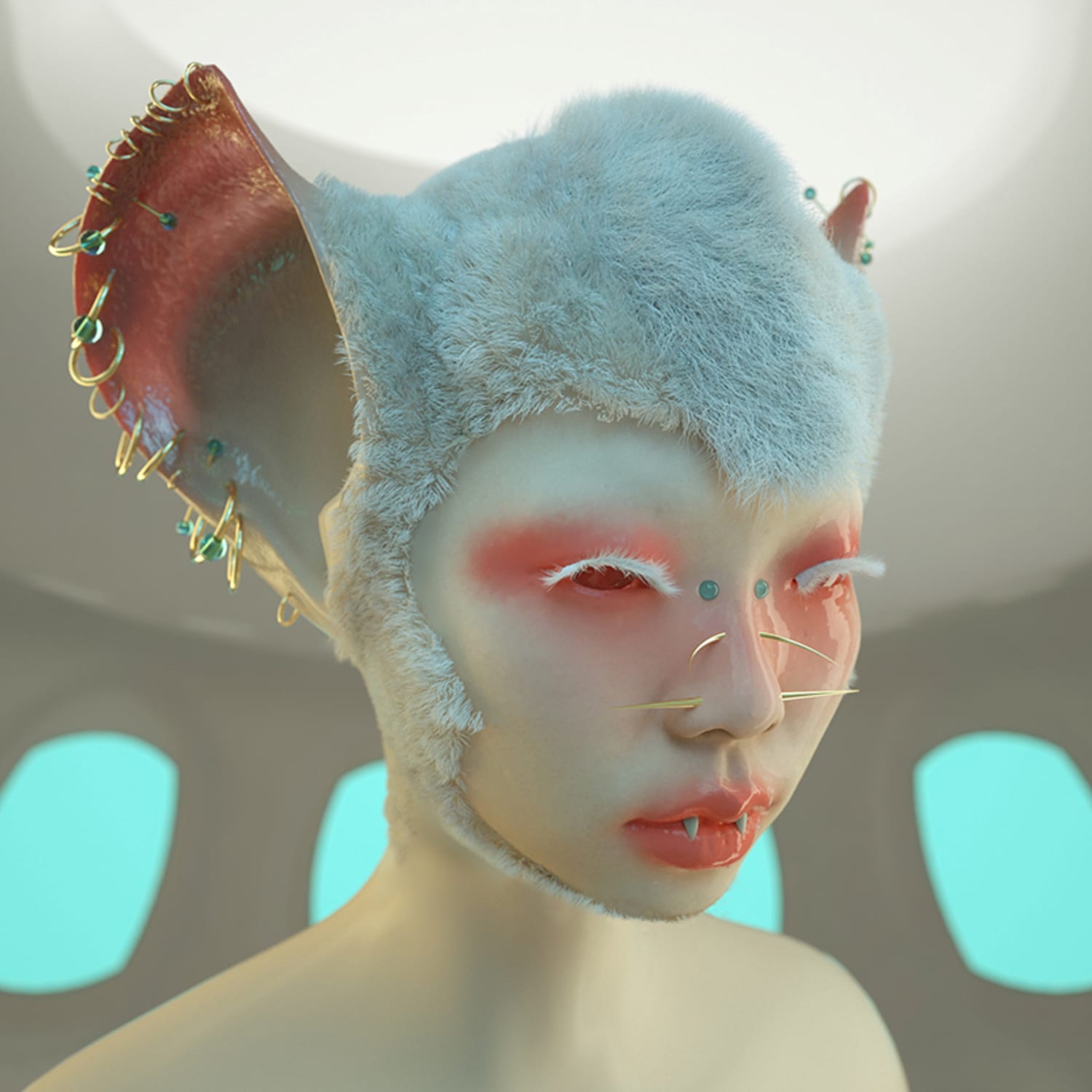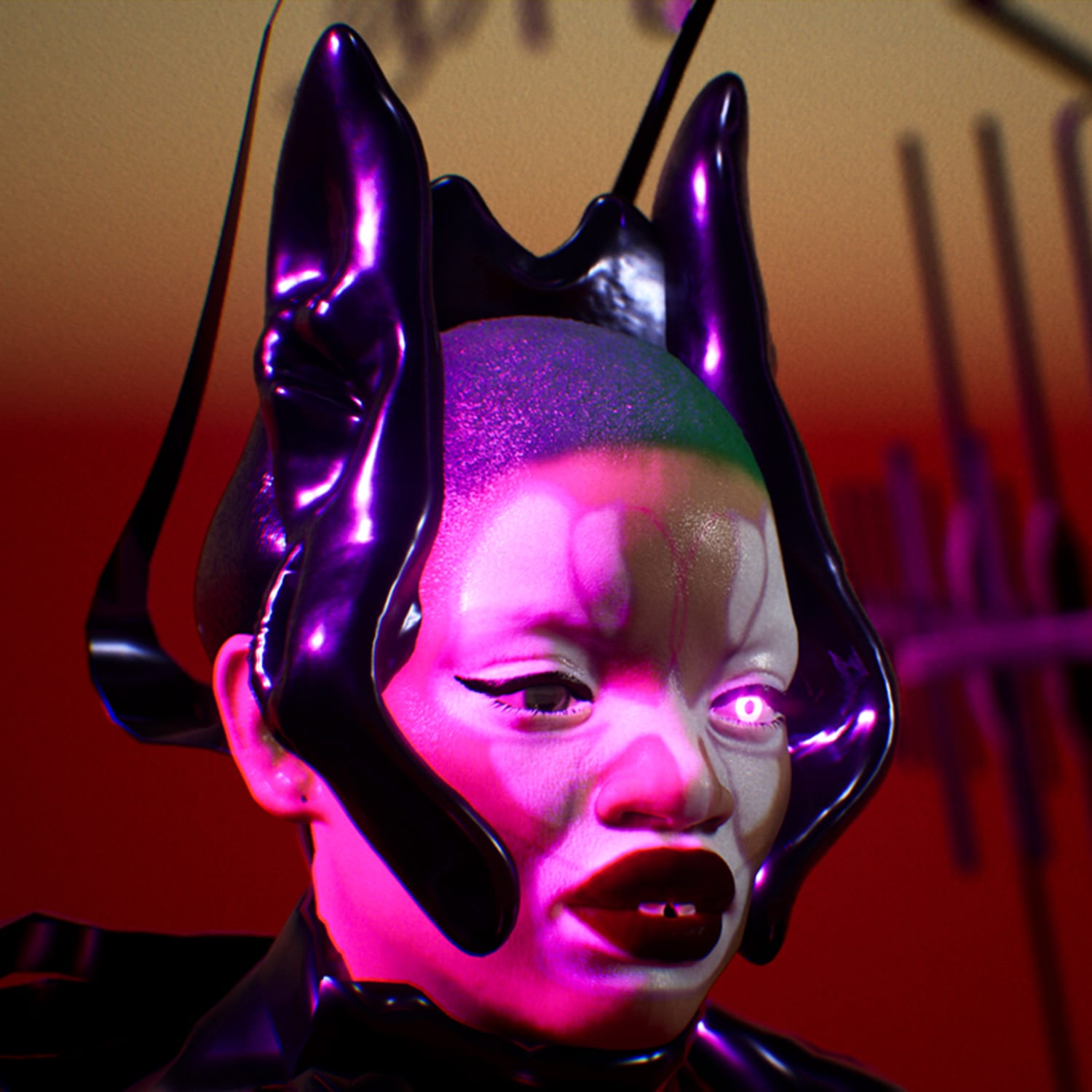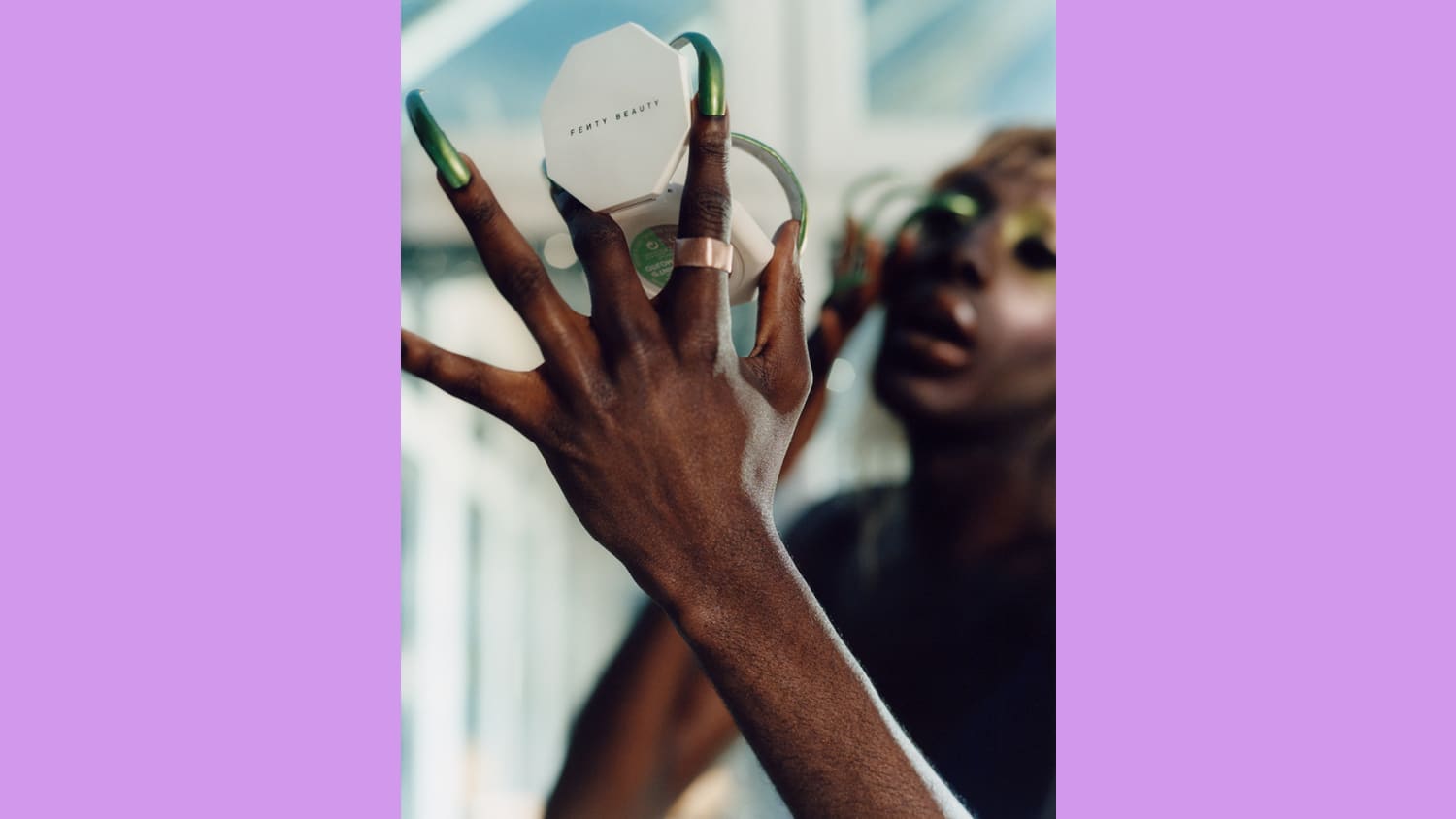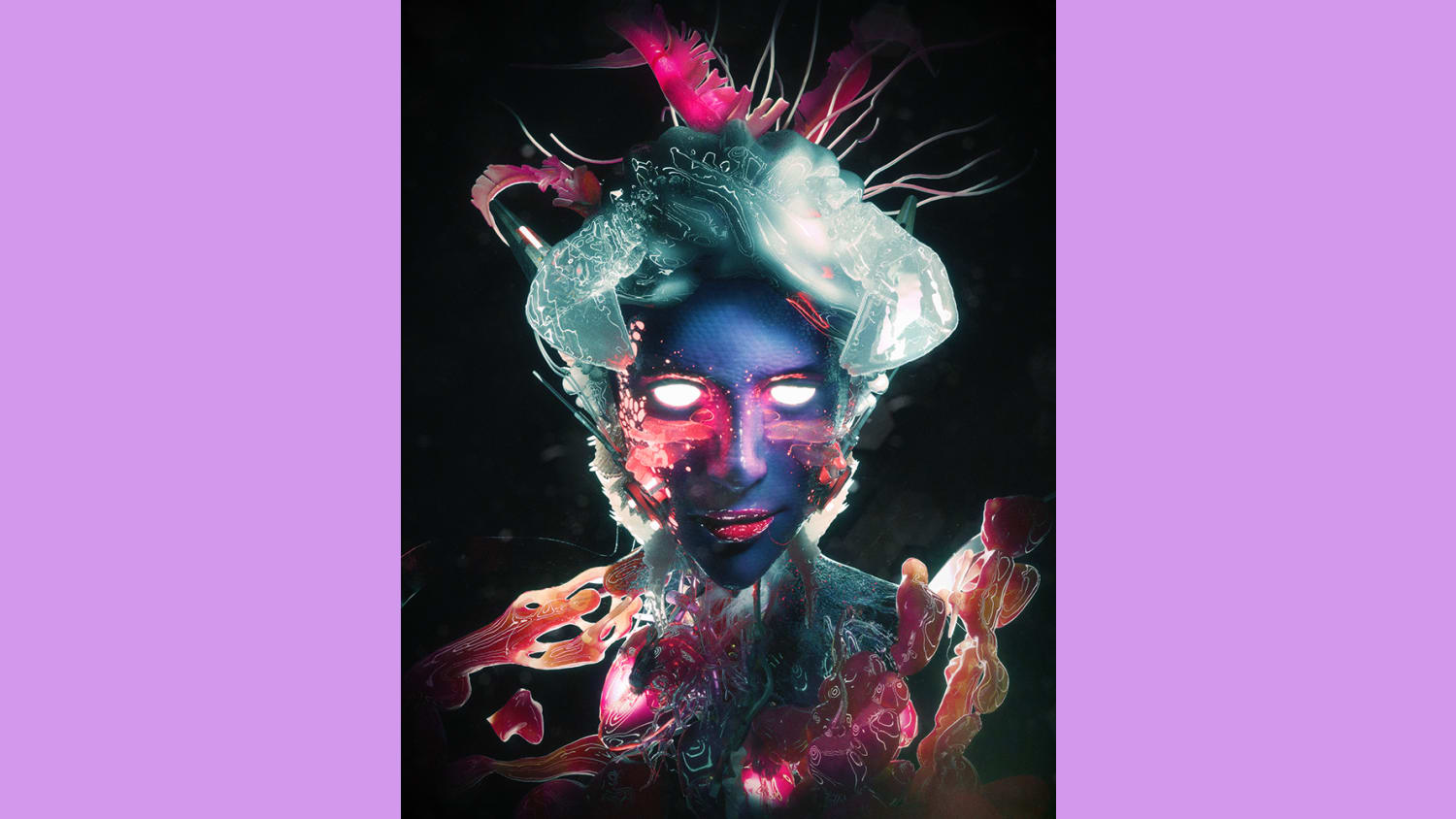The beauty industry is being redefined for the digital era as social media democratizes creative influence and a young generation rewrites the rulebook. In September 2018, Dazed Media announced the launch of Dazed Beauty, addressing the language and communication of beauty in the digital era and how the formation of digital tribes is giving rise to a new aesthetic and definition for beauty.
Bunny Kinney, editor-in-chief of Dazed Beauty, is leading the charge alongside creative director and makeup artist Isamaya Ffrench, and art director Ben Freeman. Here, Kinney speaks to us about an anti-beauty movement, AI (artificial intelligence) makeup, and how young people are working together to save the future.
What is the idea behind Dazed Beauty?
Dazed Beauty is more in line with the grassroots beauty movement on, for example, Instagram, where young people are concocting crazy looks and crafting together their own identity through beauty, connecting with peers both in their own community and through digital communities, and forming digital tribes. Here they write about what identity means to them and what it looks like through beauty, outside of what the beauty industry would say. We saw this evolution—no, revolution!—and thought, “That’s cool, we want to be part of that,” and give power to all the young people who are rewriting the rules of beauty.
